UN rapporteur not independent, ignores violation of Iranian patients rights: Official
Iran’s top human rights official has taken the UN special rapporteur on the situation of human rights in Iran to task for ignoring the suffering of Iranian patients under unlawful US sanctions and also for sidelining a recent report by a group of UN experts, which has lambasted some European countries for “over-compliance with US sanctions” against Tehran.
Kazem Gharibabadi, Iran’s Judiciary chief's deputy and secretary general of the country’s High Council for Human Rights, made the remarks on Sunday in reaction to Javaid Rehman’s disregard for a report compiled by a group of UN experts on the consequences of over-compliance of European countries, especially Sweden, with US’ anti-Iran sanctions and its impact on the basic rights of many Iranian patients.
"This deliberate inattention of the so-called rapporteur to the situation of the fundamental rights of Iranian patients, which are constantly being violated under US sanctions and due to compliance of some other countries [with those sanctions], has left no doubt about his partiality [in favor of rights violators] and his lack of dependence," Gharibabadi said.
Rehman’s behavior has put him among violators of the Iranian people's rights instead of being a defender of human rights in Iran, he added.
"The fact that the rapporteur backs any political statement against Iran, takes part in rallies held by terrorist groups and bases his reports on partial and distorted information, but is not ready to see the real cases of violation of Iranians’ rights, proves beyond any doubt that the special rapporteur’s mission for Iran has been formulated on the basis of political criteria and must end,” Iran’s top rights official said.
A group of UN experts warned on October 19 that over-compliance with the US sanctions could strip Iranian patients of their human rights, particularly the right to health.
The experts raised the alarm, in the wake of a decision by a Swedish company to halt shipments to Iranian patients suffering from a severe and life-threatening rare skin condition – epidermolysis bullosa (EB) – which causes extremely painful wounds. The firm’s produced bandage reportedly offers the most effective treatment to alleviate pain and prevent life-threatening infections.
They emphasized that the Swedish company’s decision, along with the actions of the country’s government, violates their international responsibility to ensure the entire range of human rights.
Iran’s EB Home and several lawyers have filed a complaint against Mölnlycke Health Care, a Swedish medical device company, over its refusal to sell medical products to Tehran under US pressures.
As many as 300 children born with EB face the risk of death, because Swedish medical companies, which provided protective bandages for such patients, have halted supplies because of the sanctions.
Often known as butterfly children – since their skin is as fragile as the wings of a butterfly – EB patients need special care. Even mild frictions or bumps cause severe blistering of the skin, which is agonizing. They often have difficulty with daily activities, such as walking, eating and even breathing, but without proper protective bandages, their agony is heartbreaking.
VIDEO | Paris march in support of Palestine women
VIDEO | ICC issues arrest warrants for Israeli prime minister, ousted regime war minister
120 Palestinians perish as Israeli war machine keeps ravaging Gaza
VIDEO | Struggles of Palestinian women amidst war, displacement
VIDEO | Hezbollah rains attack drones down on elite Israeli brigade
VIDEO | US biased mediation fails
Leader: All captains of criminal, Zionist, terrorist gang must be prosecuted
Iran further raises its oil prices for Chinese buyers: Report


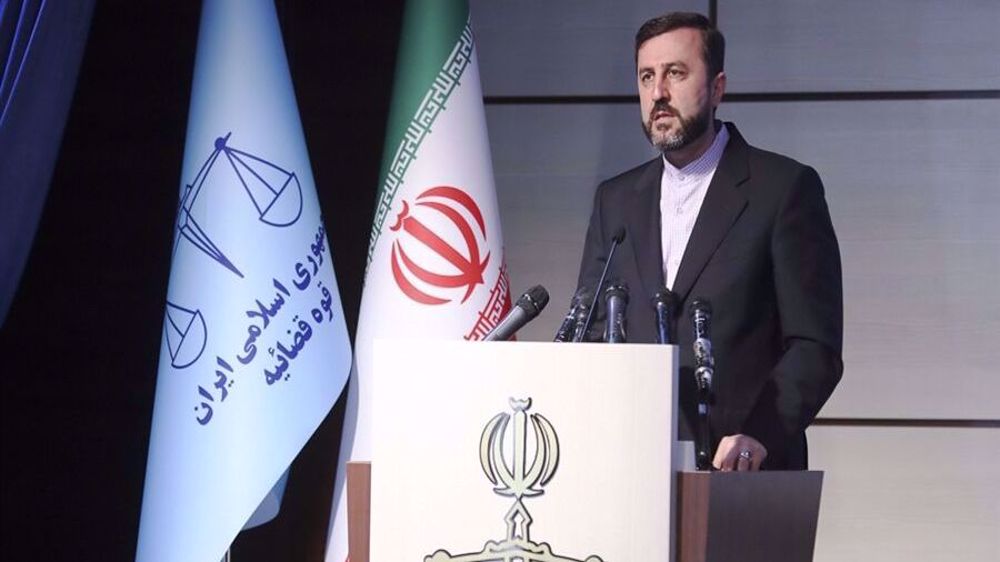
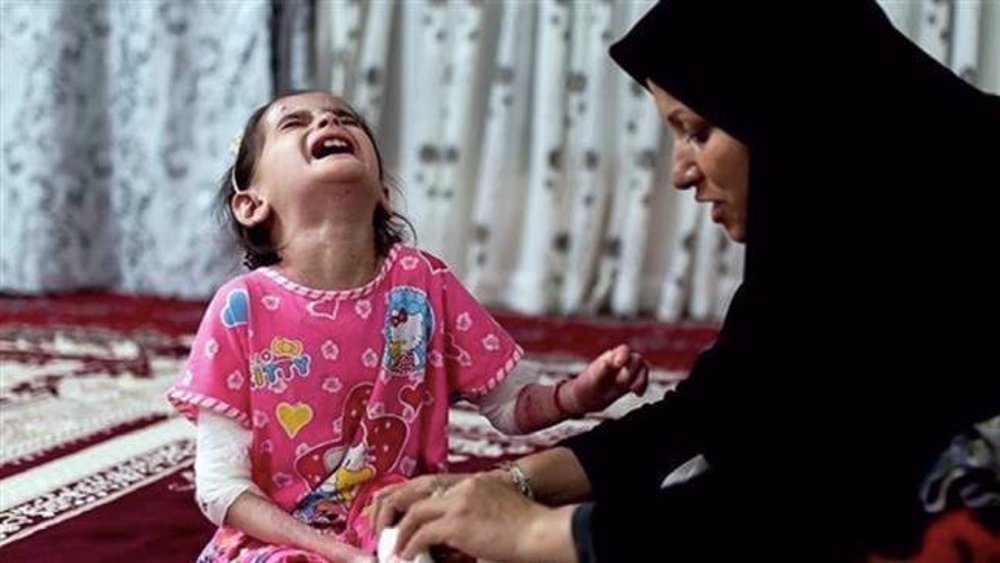
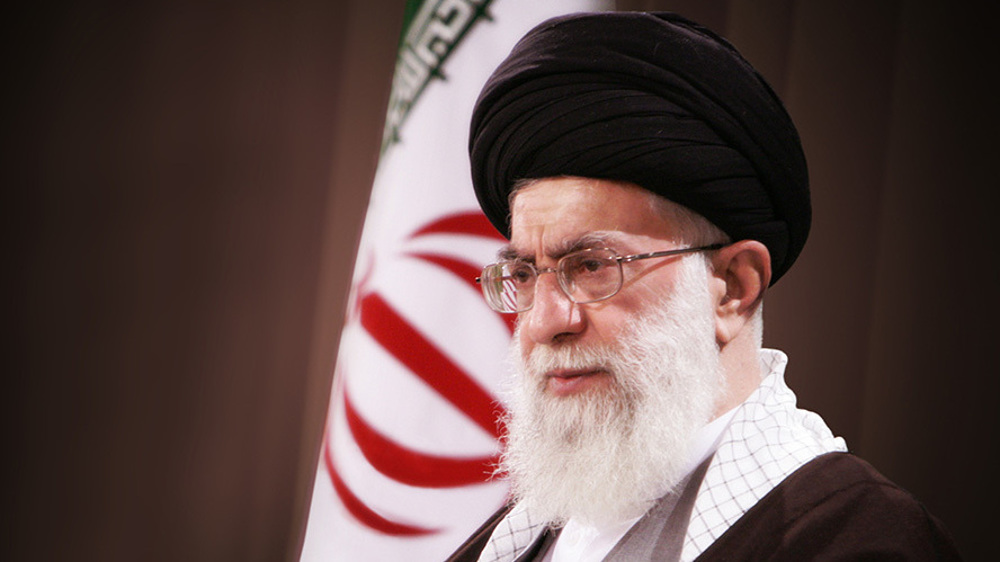
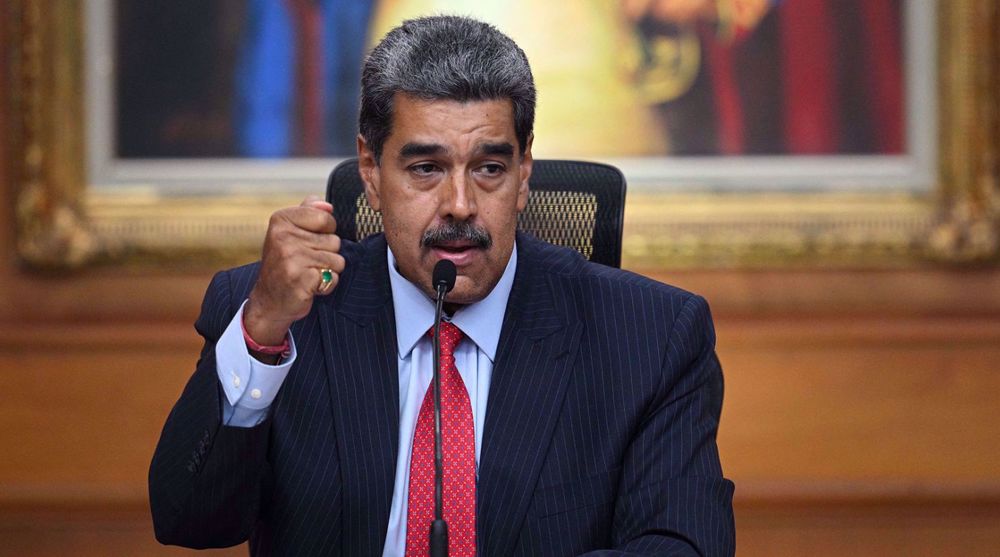
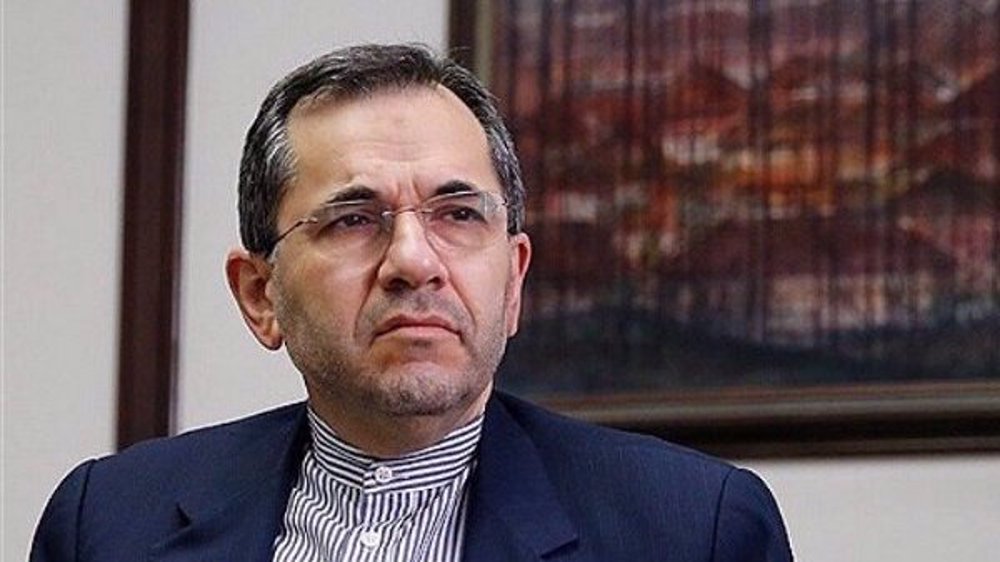




 This makes it easy to access the Press TV website
This makes it easy to access the Press TV website